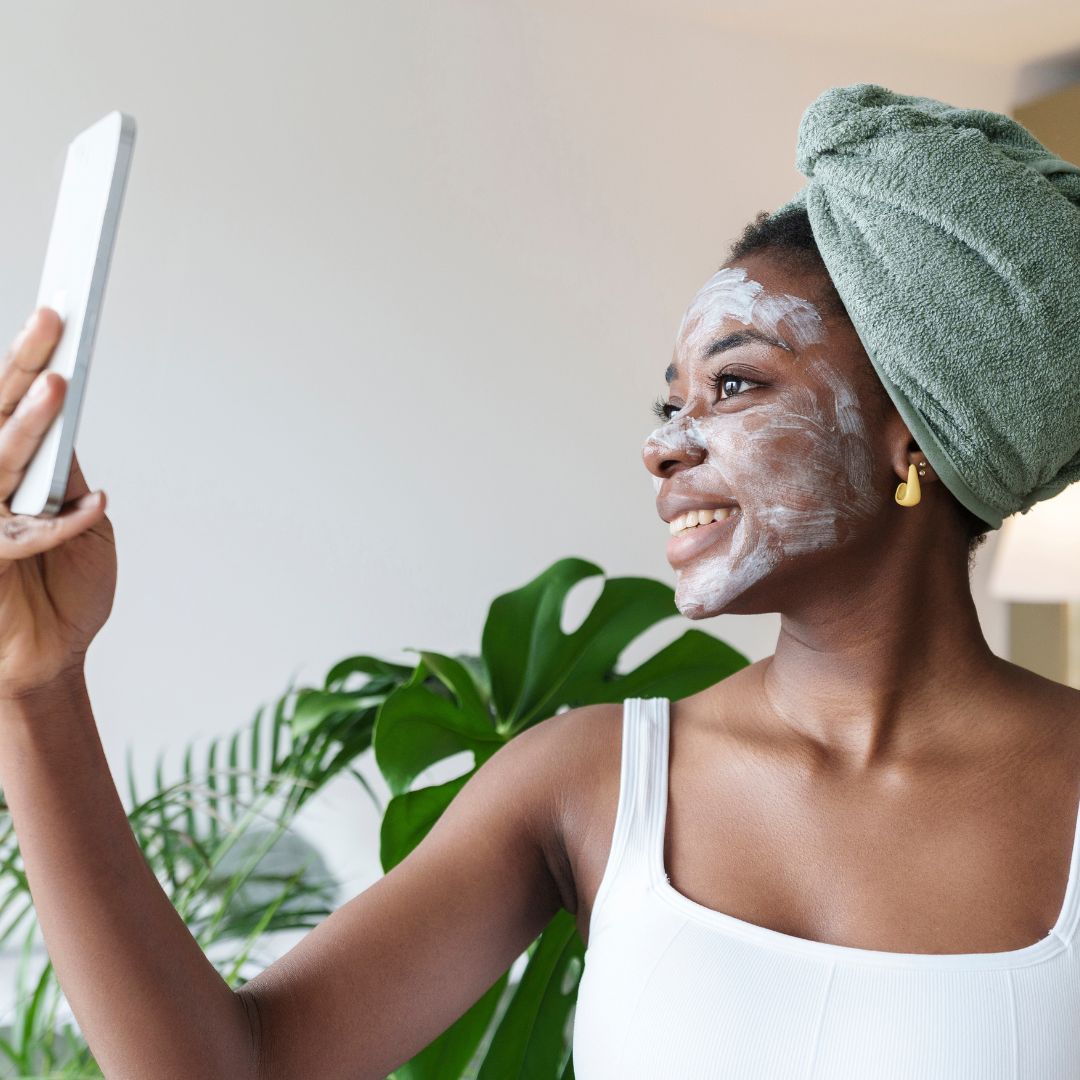
It would be an understatement to say that the sheer amount of skincare advice on the internet right now is overwhelming. While there is a lot of good out there— helping people find a simple skincare routine or the best rosacea products—there is also, well, plenty of not great advice too.
The people out there doing the most when it comes to educational and factual advice in the skin department are the consultant dermatologists. In 2024, we're determined to throw out skin myths and welcome expert-backed skin advice.
That's why we quizzed the derms on the skincare myths that they want to stay firmly in 2023, and what advice we can take on in 2024 instead.
Myth 1: You should expect to see results from skincare within a week or two
Dr Beibei Du-Harpur, consultant dermatologist at Skin + Me wants to see the back of unrealistic expectations when it comes to quick results, and we couldn't agree more. She notes that although some hydrating products like moisturisers can provide some instant luminosity to the skin, "a lot of products aimed at treatment concerns such as breakouts, pigmentation, and fine lines and wrinkles require several months of consistent use before results are seen."
Dr Du-Harpur notes that this can lead to people giving up on a product or changing it for another before it's been given a chance to be effective.
Myth 2: The more actives in a skincare routine, the better
Spending any time on TikTok might have you thinking that more is more when it comes to skincare steps, but this is entirely not true. In fact, ask any dermatologist and they'll often tell you the simplest routines are the most effective. "Complex, multi-step skincare routines with multiple actives can stress and damage the skin barrier, resulting in dry, irritated skin and development of perioral dermatitis," says Dr Derrick Phillips, consultant dermatologist. Simplicity is absolutely key. Dr Phillips recommends sticking to three or four steps: cleanser, moisturiser and sunscreen. A pared-back, consistent routine also gives your skin time recover when using ingredients like retinoids and acids like glycolic acid.
Myth 3: Teenagers need anti-ageing skincare
Repeat after us: teenagers don't need intense skincare routines. "The general trend towards teenagers trying to get on to anti-ageing skincare routines is a little worrying," says Dr Du-Harpur. With a market that is increasingly catering towards teens through the use of buzzy marketing and eye-catching products, "I do think there is a responsibility within the industry to market products in a way that is considerate of the mental well-being of younger people," Dr Du-Harpur notes.
There are always exceptions to the rule. Dr Du-Harpur says that retinoids are safe to be used by teens but this is typically the case for treating acne, with the guidance of a dermatologist. But generally, a simple cleanse and moisturise is enough to keep young skin looking and feeling happy and healthy.
Myth 4: You can’t develop skin allergies
Dr Phillips notes that one of the most common myths he sees in his clinic is a misunderstanding of how skin allergies develop. Often people think that because they have used a product forever, there's no way that particular product is the cause of the irritation. "Skin allergies develop through repeated use of products, which allows allergens to pass through the skin and become recognised by the immune system," says Dr Phillips.
"Once this has occurred, any subsequent exposure will result in the development of a dry, flaky, itchy and red rash," he adds. Common allergens include fragrance, preservatives and paraphenylenediamine (PPD) in hair dye. Allergies are typically more likely to develop in people who have a compromised skin barrier.
Myth 5: Flaky skin needs to be exfoliated
Often think the first sign of dry skin equals a need to slough it off? Well you're not alone in that. But we're sorry to say that this probably won't be doing you any favours. "Flaking skin is more commonly a sign of dry skin," says Dr Du-Harpur. "Although exfoliants are able to help shed skin, it definitely exacerbates dryness and ultimately make the problem worse." We know those exfoliators look satisfying on TikTok but your skin just won't thank you for it.
So grab those moisturisers and, notes Dr Du-Harpur, "If you notice your skin is flaky, then skip the exfoliants."
Myth 6: You can get vitamin C from an orange, there's no need to use a serum
Yes, oranges are a great source of vitamin C, but your skin needs it too. "There is an enormous amount of technical expertise and know-how required to create a product that is capable of safely and effectively delivering vitamin C to where it is needed within the skin," says Dr Du Harpur. Topical vitamin C helps to fight damage caused by free radicals, including things like pollution and UV rays. In turn, this can improve things like signs of premature ageing, uneven texture and overall brightness.
"As a rule of thumb, finding your skincare in the kitchen is not a good idea," she adds.







